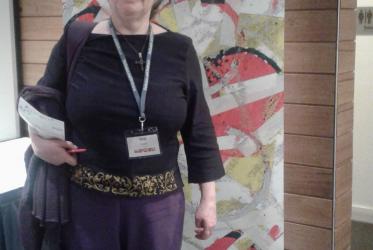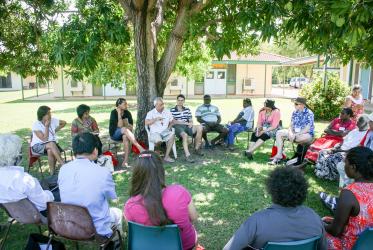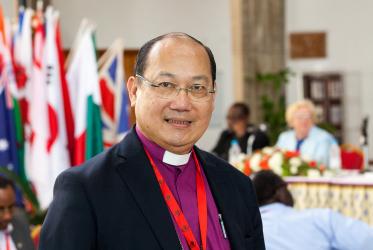Displaying 61 - 80 of 114
08 September 2016
A just financial and economic architecture is possible, students find
08 September 2016
Indigenous spirituality: can it transform injustice into justice?
01 September 2016
New Executive Committee members elected in Trondheim
28 June 2016
Voices from HIV workshop reflect deep impact
07 April 2016
"I hit the ground running": Katalina Tahaafe-Williams
16 February 2016
Consultation considers right to food in context of climate change
15 December 2015
Land rights focus of panel discussion
17 November 2015







